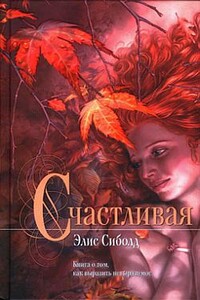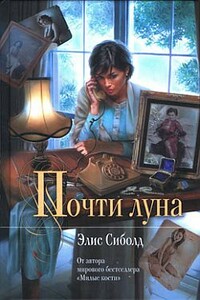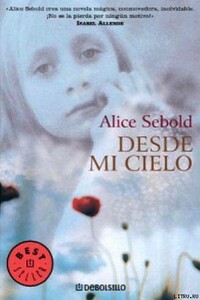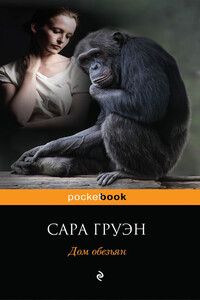I loved the way the burned-out flashcubes of the Kodak Instamatic marked a moment that had passed, one that would now be gone forever except for a picture. When they were spent, I took the cubed four-corner flashbulbs and passed them from hand to hand until they cooled. The broken filaments of the flash would turn a molten marble blue or sometimes smoke the thin glass black. I had rescued the moment by using my camera and in that way had found a way to stop time and hold it. No one could take that image away from me because I owned it.
On a summer evening in 1975, my mother turned to my father and said:
“Have you ever made love in the ocean?”
And he said, “No.”
“Neither have I,” my mother said. “Let’s pretend it is the ocean and that I am going away and we might never see each other again.”
The next day she left for her father’s cabin in New Hampshire.
That same summer, Lindsey or Buckley or my father would open the front door and find a casserole or a bundt cake on the front stoop. Sometimes an apple pie – my father’s favorite. The food was unpredictable. The casseroles Mrs. Stead made were horrible. The bundt cakes Mrs. Gilbert made were overly moist but bearable. The apple pies from Ruana: heaven on Earth.
In his study during the long nights after my mother left, my father would try to lose himself by rereading passages from the Civil War letters of Mary Chestnut to her husband. He tried to let go of any blame, of any hope, but it was impossible. He did manage a small smile once.
“Ruana Singh bakes a mean apple pie,” he wrote in his notebook.
In the fall he picked up the phone one afternoon to hear Grandma Lynn.
“Jack,” my grandmother announced, “I am thinking of coming to stay.”
My father was silent, but the line was riddled with his hesitation.
“I would like to make myself available to you and the children. I’ve been knocking around in this mausoleum long enough.”
“Lynn, we’re just beginning to start over again,” he stammered. Still, he couldn’t depend on Nate’s mother to watch Buckley forever. Four months after my mother left, her temporary absence was beginning to take on the feel of permanence.
My grandmother insisted. I watched her resist the remaining slug of vodka in her glass. “I will contain my drinking until” – she thought hard here – “after five o’clock, and,” she said, “what the hell, I’ll stop altogether if you should find it necessary.”
“Do you know what you’re saying?”
My grandmother felt a clarity from her phone hand down to her pump-encased feet. “Yes, I do. I think.”
It was only after he got off the phone that he let himself wonder, Where will we PUT her?
It was obvious to everyone.
By December 1975, a year had passed since Mr. Harvey had packed his bags, but there was still no sign of him. For a while, until the tape dirtied or the paper tore, store owners kept a scratchy sketch of him taped to their windows. Lindsey and Samuel walked in the neighborhood or hung out at Hal’s bike shop. She wouldn’t go to the diner where the other kids went. The owner of the diner was a law and order man. He had blown up the sketch of George Harvey to twice its size and taped it to the front door. He willingly gave the grisly details to any customer who asked – young girl, cornfield, found only an elbow.
Finally Lindsey asked Hal to give her a ride to the police station. She wanted to know what exactly they were doing.
They bid farewell to Samuel at the bike shop and Hal gave Lindsey a ride through a wet December snow.
From the start, Lindsey’s youth and purpose had caught the police off guard. As more and more of them realized who she was, they gave her a wider and wider berth. Here was this girl, focused, mad, fifteen. Her breasts were perfect small cups, her legs gangly but curved, her eyes like flint and flower petals.
While Lindsey and Hal waited outside the captain’s office on a wooden bench, she thought she saw something across the room that she recognized. It was on Detective Fenerman’s desk and it stood out in the room because of its color. What her mother had always distinguished as Chinese red, a harsher red than rose red, it was the red of classic lipsticks, rarely found in nature. Our mother was proud of her ability to wear Chinese red, noting each time she tied a particular scarf around her neck that it was a color even Grandma Lynn dared not wear.





